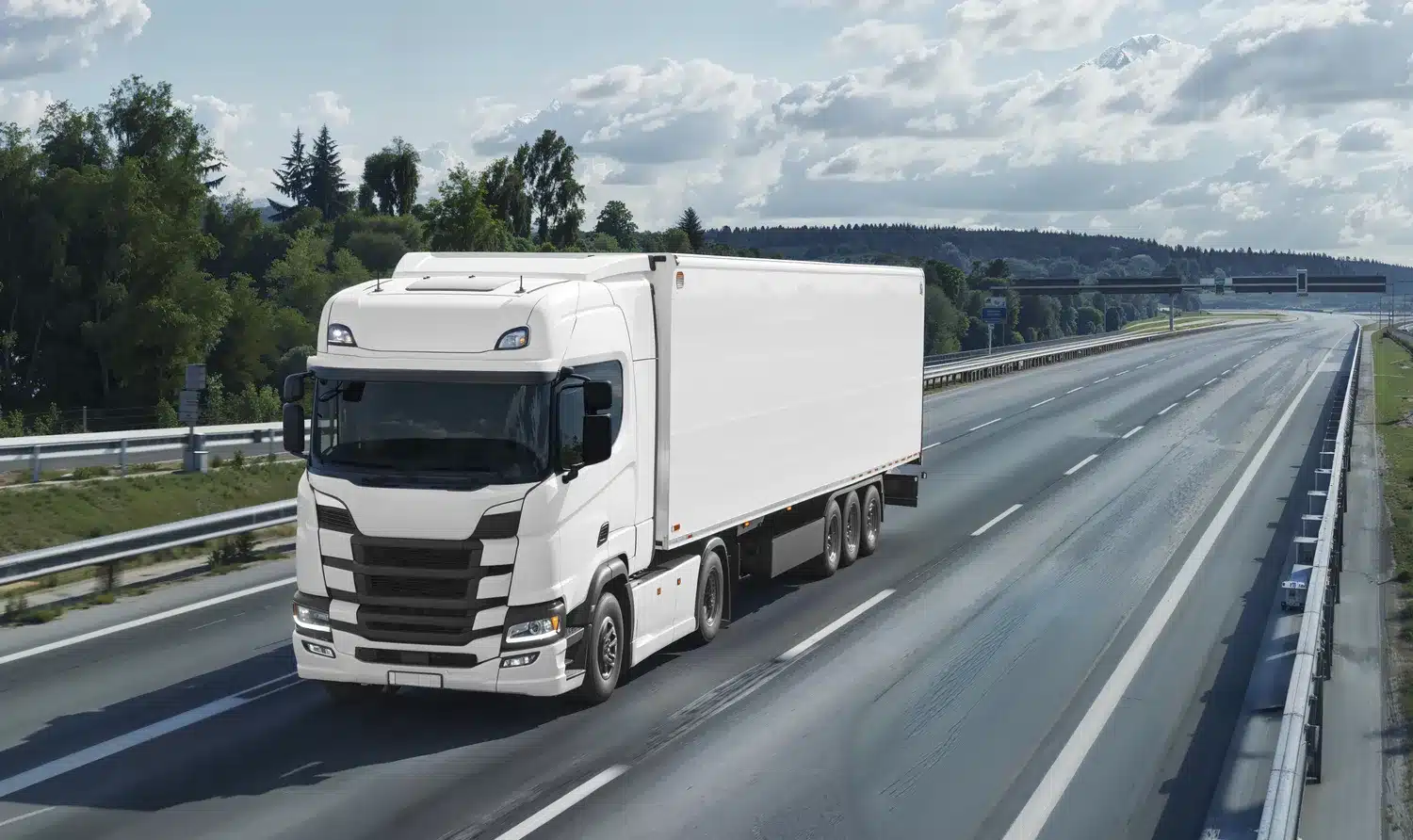What is Goods In Transit insurance in Birmingham?
In Birmingham, goods in transit insurance (GIT) refers to insurance that covers products or contents moved by a vehicle while on business. The items may be transported by third-party carriers or company delivery vehicles.
Your business vehicle insurance policy will cover the vehicle itself, and certain Fleet or business Combines plans may provide coverage for products in transit in and around Birmingham, but only up to a particular limit. Transport companies often choose a stand-alone Goods in Transit policy.

Birmingham Goods in Transit Insurance
Although not required by law, it is typically recommended that any firm offering removal services, courier services, or delivery of bought products consider objects in transit insurance. Many Birmingham firms want their delivery partners to have particular levels of GIT coverage. If you're relocating business equipment from one location to another, this is something to consider.
What does Birmingham's GIT Insurance cover?
Goods in transit insurance in Birmingham will cover supplies, commodities, or cargo that are misplaced, stolen, or destroyed while in transit. specific goods in transit packages may cover things left in automobiles overnight, subject to specific conditions, such as keeping the car secured and parked in a safe area.
As with any insurance policy, various insurers give differing levels of coverage, so we must work with you to decide exactly what is required to guarantee that you have the optimum coverage for your company's needs.
If you would like more information about how JPM Broking Services may help, please call us at 0121 269 5200 or email us at insurance@jpmbrokingservices.co.uk
Local Goods In Transit Insurance in Birmingham Broker
Contact Your Local Insurance Broker
If you're interested in speaking to one of our advisers, please do not hesitate to get in touch via our contact form.
Goods In Transit Insurance FAQs
Goods in Transit Insurance covers items or merchandise while they are carried from one area to another, whether by road, rail, air, or sea. It protects against loss, damage, and theft while in transportation.
This insurance is required for all enterprises involved in the transportation, delivery, or shipment of products, including couriers, hauliers, manufacturers, merchants, and logistics providers. It is also useful for people who are transporting important personal belongings.
Cover generally protects against:
- Theft or attempted theft
- unintentional damage.
- Loss in Transit
- Fire, collision, or overturning can all cause damage.
The particular coverage may vary depending on the insurance policy and provider.
It is not a legal necessity in the UK, although it is strongly advised. Some contracts may need confirmation of Goods in Transit coverage, especially in commercial shipping or subcontracting arrangements.
Standard insurance typically cover products moved inside the UK. If you are sending products internationally, you may require separate maritime cargo insurance or particular international coverage.
The level of coverage should correspond to the maximum value of products you plan to carry at any one time. It is critical not to underinsure, as this might jeopardise any claim settlement.
Some policies provide limited cover for goods left in a locked and secure vehicle overnight, while others exclude this entirely. Always check your policy wording for specific exclusions or requirements.
Yes, common exclusions might include:
- Poor or improper packing.
- Deliberate actions or negligence
- Unattended vehicles without adequate security
- Certain high-risk goods, unless declared
You should report your insurance as quickly as possible, providing complete information about the occurrence, including evidence of ownership, the worth of the items, pictures of the damage (if applicable), and any relevant transit paperwork.
You should report your insurance as quickly as possible, providing complete information about the occurrence, including evidence of ownership, the worth of the items, pictures of the damage (if applicable), and any relevant transit paperwork.
